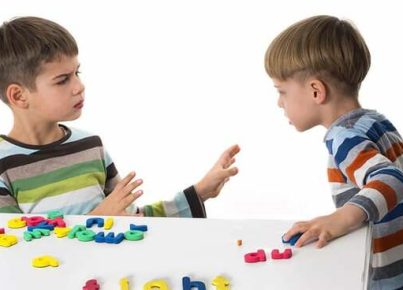Introduction:
A common sentiment among older generations is that kids today are different from when they were growing up. However, it’s not just your imagination—kids genuinely have changed. Several facets contribute to these changes, including technology, societal values, parenting styles, and evolving education systems. In this article, we will explore how and why kids have transformed over the years.
1. Impact of Technology:
One of the most apparent contributors to the change in children’s behavior is technology. The rise of smartphones, tablets, and social media has altered children’s recreational habits and communication styles. Kids today navigate these digital platforms with ease but may struggle with face-to-face interactions or lack patience for activities requiring delayed gratification.
2. Shifts in Societal Values:
Throughout history, society’s values have always evolved based on various factors like politics, economics, or social movements. This evolution certainly impacts children and their moral compasses. For instance, today’s emphasis on diversity and inclusion encourages open-mindedness and empathy in younger generations.
3. Parenting Style Evolution:
The way parents raise their children drastically influences their development. Over time, parenting styles have shifted from being authoritarian to more authoritative or even permissive approaches. Many modern-day parents place a higher premium on nurturing their child’s individuality and emotional intelligence rather than blind adherence to rules or obedience.
4. Changes in the Education System:
Contemporary educational institutes focus on fostering a well-rounded growth rooted in creativity, critical thinking, collaboration, and communication. Unlike the rote learning methods of yore wherein students solely focused on curriculum-based knowledge acquisition, today’s schools put greater emphasis on problem-solving and experiential learning experiences that prepare them to adapt more readily in a fast-evolving world.
5. Heightened Awareness of Mental Health Issues:
As awareness around mental health issues continues to grow, parents and educators increasingly emphasize developing kids’ emotional and psychological well-being. A focus on mental health has led to intervention programs and resources that help children better understand and manage their emotions from a young age.
Conclusion:
In conclusion, it is evident that kids have indeed changed, influenced by various factors like technology, societal values, parenting styles, and education systems. Although these changes might be challenging to embrace for some individuals of earlier generations, they also spotlight the diverse improvements and adaptable nature of today’s youth. By understanding how children have changed over time and engaging in open conversations with them, we can collectively foster an environment conducive to their growth and well-being.





